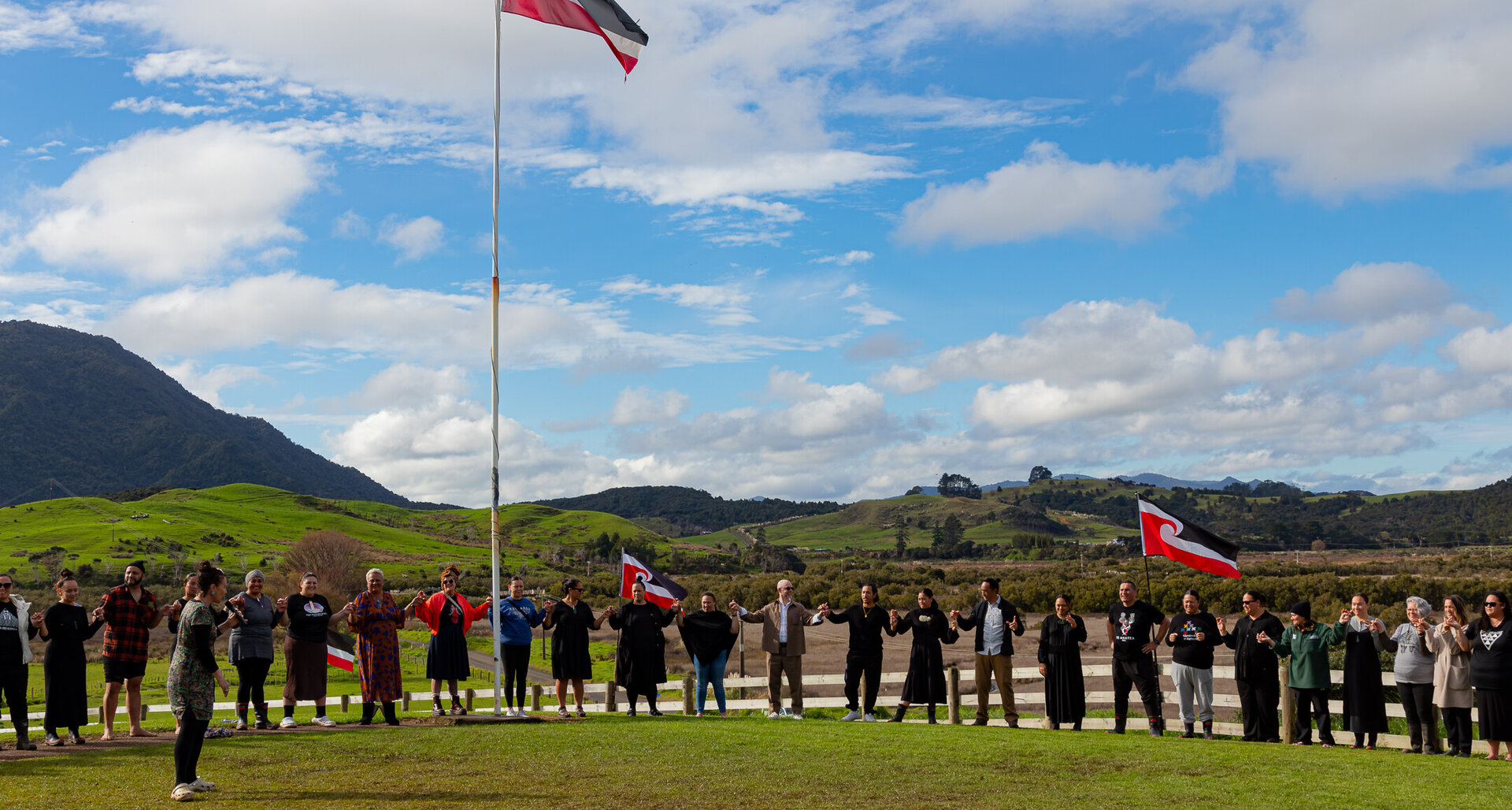Workforce development, training and support
Te Kurahuna can work with you to embed Mahi a Atua into your kaupapa. Unlock your organisations's true potential for sustainable growth and innovation
Te Ara Moana
An implementation strategy
Tai Ruku
A license to utilise our operational manual
Mataora ai te ao
A workforce development strategy
Whāia ngā mahi o Rarohenga
Ongoing training and support
Beyond EAP/Indigenous Supervision
An indigenous workforce wellbeing approach
Ka Rongo te Pō
Ka Rongo te Ao
Beyond EAP/Indigenising Supervision
Indigenising Workplace Wellbeing or/and Indigenising Supervision - Online or In-Person
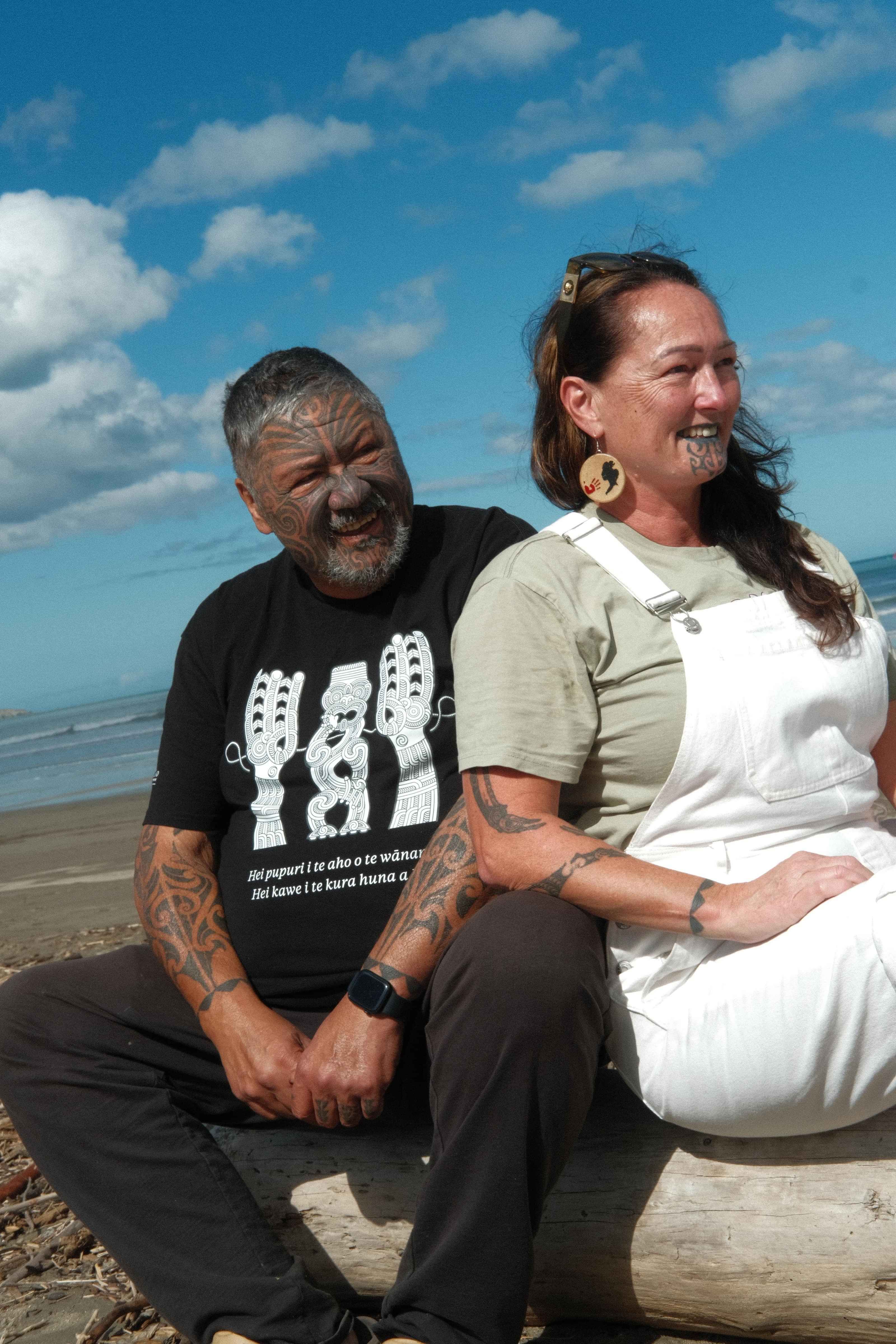
Beyond EAP
Workplace employers invest in Employment Assistance Programmes (EAP) that involve individual counselling and/or psychology. Many of our people are not engaging in these services.
The Approach
Ka Rongo te Pō Ka Rongo te Ao involves your team coming together and being in wānanga, fostering collaboration, deepening connections to each other and finding shared purpose.
What you will achieve
Improved access to culturally appropriate
psychosocial support for
Māori and non-Māori workforce in distressIncreased workforce wellbeing
Improved working relationships
Increased productivity for the
employer/organisation
Implementation Plan
1. Whanaungatanga with management team.
2. Introduce Ka Rongo te pō ka rongo te ao
3. Develop a communication plan
4. Establish key calendar dates for wãnanga.
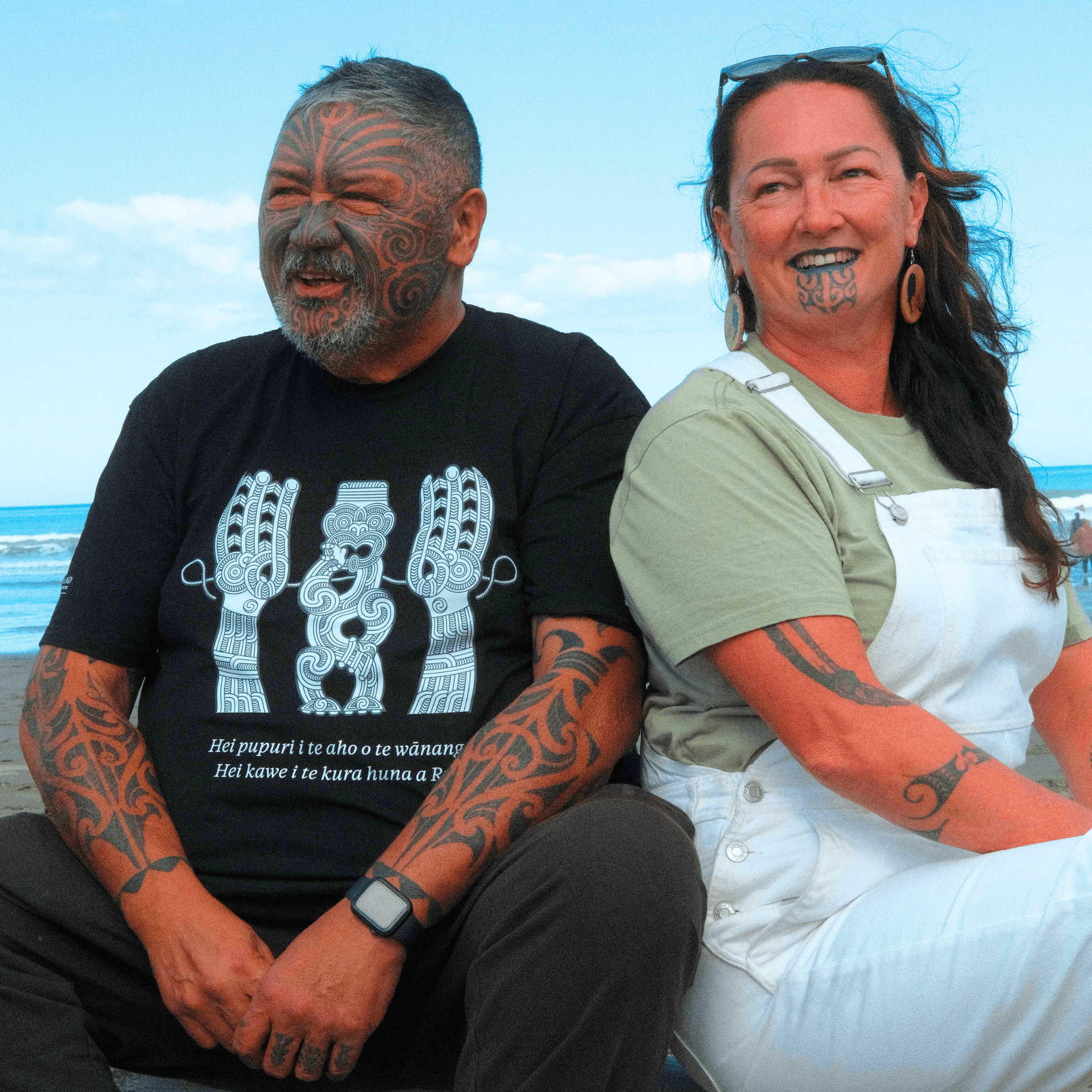
Creating a waharoa to Mental Health Services
In your Community
Setting up Te Kūwatawata in your Community
First Step!
Tēnei te Po, Nau Mai te Ao
So you have decided that your number one priority is to address Māori inequity. Te Kurahuna, using Mahi a Atua as a framework, can work with you to improve the quality of your organisation.
Second Step!
Ka mā te Ariki Ka mā te Tauira
Anyone can take a lead. To lead is to take action and show others that change is possible. The best place to start when making change is to consider how you can change your own way of working. Take the initiative and then share what you find out with your colleagues.
Use our guidance to get conversations started. Having this guidance gives you authority when explaining the changes you want others to make.
In some organisations you might be part of a team responsible for putting guidance into practice or improving quality. Or you might be working across many organisations and sectors and have the opportunity to connect people and share the knowledge you have gained from our guidance. If you have the vision and can clearly communicate it, you can make a difference.
Third Step!
Hongihongi te Wheiwheiā
Before you start planning changes to services or implementing new guidance, you need to understand how the service works at the moment. This is your baseline and can be used to measure the effect of any changes you make.
You might do this as part of a team or you can start by looking at your own area of responsibility or experience.
You can find out about how the service works in lots of different ways. Informal discussions, online questionnaires, wānanga or a review of local policies and procedures could help. Remember to look outside of your organisation and see how your service fits into the wider community.
Transforming Primary Mental Health
In Primary Care
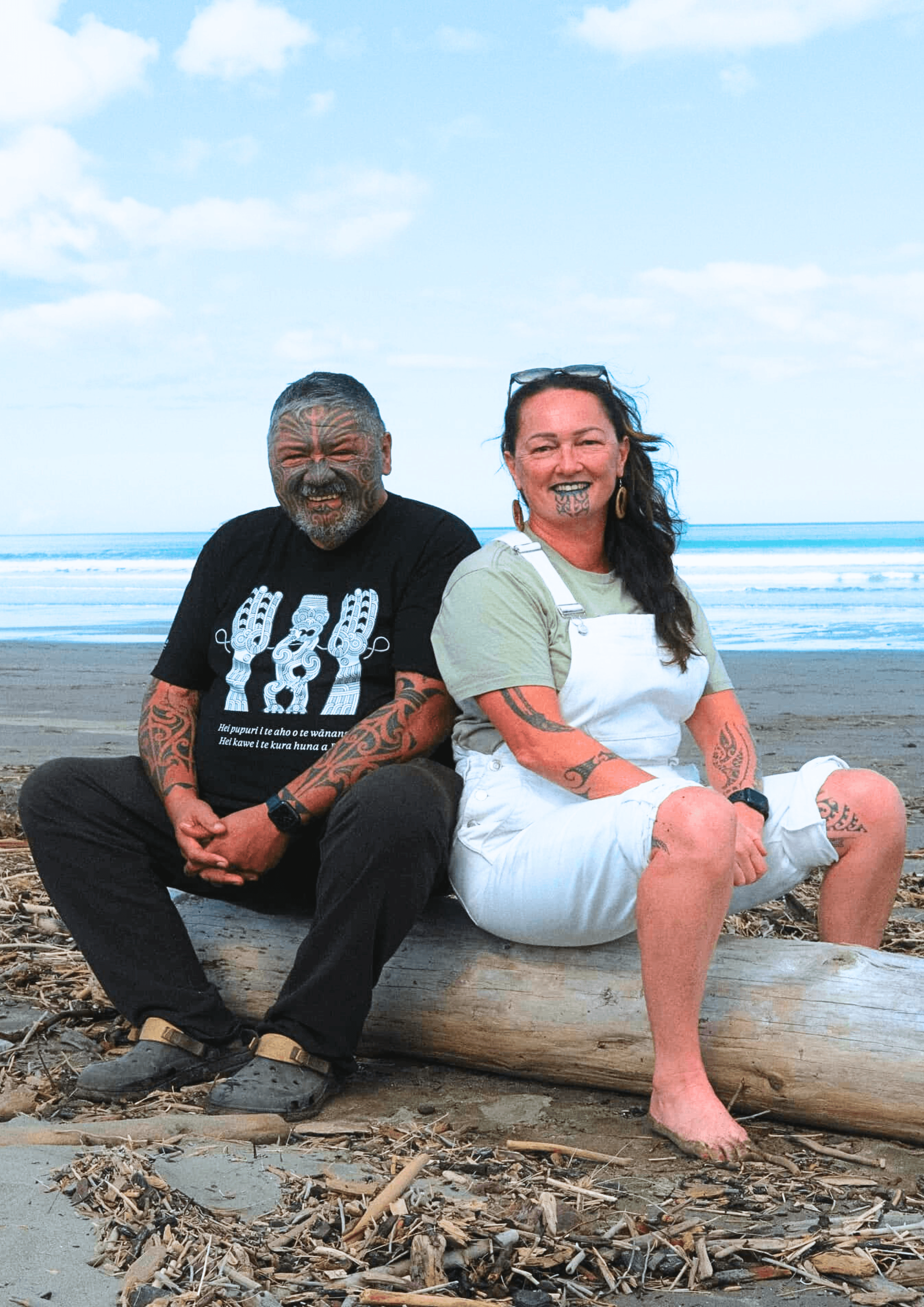
Tūporeariki Collective Healing Approach
Tūporeariki offers an indigenous healing approach for whānau in distress, prioritising their voices through wānanga to understand their stories and realities. It incorporates significant psychosocial factors to highlight historical injustices affecting mental wellbeing.
The Problem
Aotearoa faces systemic issues, including breaches of
Te Tiriti o Waitangi. Simply increasing access to mental health professionals isn’t the solution. Genuine transformation requires a collaborative workforce that moves beyond outdated practices, as noted in the Health and Disability Services Review (2020). The Initial Mental Health & Wellbeing Commission (2021) highlighted the need for non-medical support approaches, pointing out that preventative primary care services can perpetuate racism and worsen outcomes for Māori (Waitangi Tribunal, 2019).
Tūporeariki - The Solution
In 2017, Te Kurahuna developed two new services in
Te Tairāwhiti, using the Mahi a Atua framework under Dr. Diana Kopua’s leadership. These services, Te Hiringa Matua and Te Kūwatawata, embody the Tūporeariki approach.
Operating as an indigenous kaupapa since 2016,
Te Kurahuna focuses on collective conscientised approaches to enhance mental health outcomes. Our work is guided by data-driven strategies like the MyOutcomes platform and the ‘Tai Ruku’ operational manual, with published evidence of the success available upon request.
Implementation Plan
1. Whanaungatanga with Primary Care management team.
2. Introduce Tūporeariki and the operational manual.
3. Develop a communication plan
(internal and community wide).
4. Establish key calendar dates for Tūporeariki clinics and wãnanga.
Collaborating for Change
Discover who we’re partnered with right now.
Tūporeariki ki Ngāti Porou Oranga
Tūporeariki is Ngāti Porou Oranga’s Primary Mental Health approach in Primary Care
Te Kurahuna have expanded their relationship to respond to the community call for mental health support to the Tairāwhiti community. Since June 2024 Te Kurahuna have been contracted to establish a Primary Mental Health approach with Mahi a Atua as the foundational framework. Below are the approaches offered to their communities:
TUIA TE RANGI
In your space at your pace, Tuia te Rangi consists of 100 days of pre-recorded offerings.
Healing is a journey, and if finding time to attend wānanga in-person this offering may be exactly what you need at this moment.TUIA TE PAPA - VIRTUAL via ZOOM
Healing often requires us to challenge our usual approach, and one of the most powerful ways to do this is by coming together as a collective. When we unite, our stories and struggles resonate with others, creating a space where mutual healing can occur. From the comfort of your own home, all you need to do is join us online. Our team will guide the process, crafting a supportive environment for recovery, restoration, and growth—personalised for each participant while harnessing the strength of the collective.Clinics
Dr Diana Kopua, RN Kelly Burns and Tohunga Mark Kopua provide clinics in Te Araroa, Ruatorea, Tokomaru Bay, Uawa and Puhi Kai iti.
*All referrals through your Primary Care Team or contact us - tuporeariki@tekurahuna.com.
If you are registered with Ngāti Porou Oranga Primary Care the above offerings are available to you.
Register above or email us at tuporeariki@tekurahuna.com
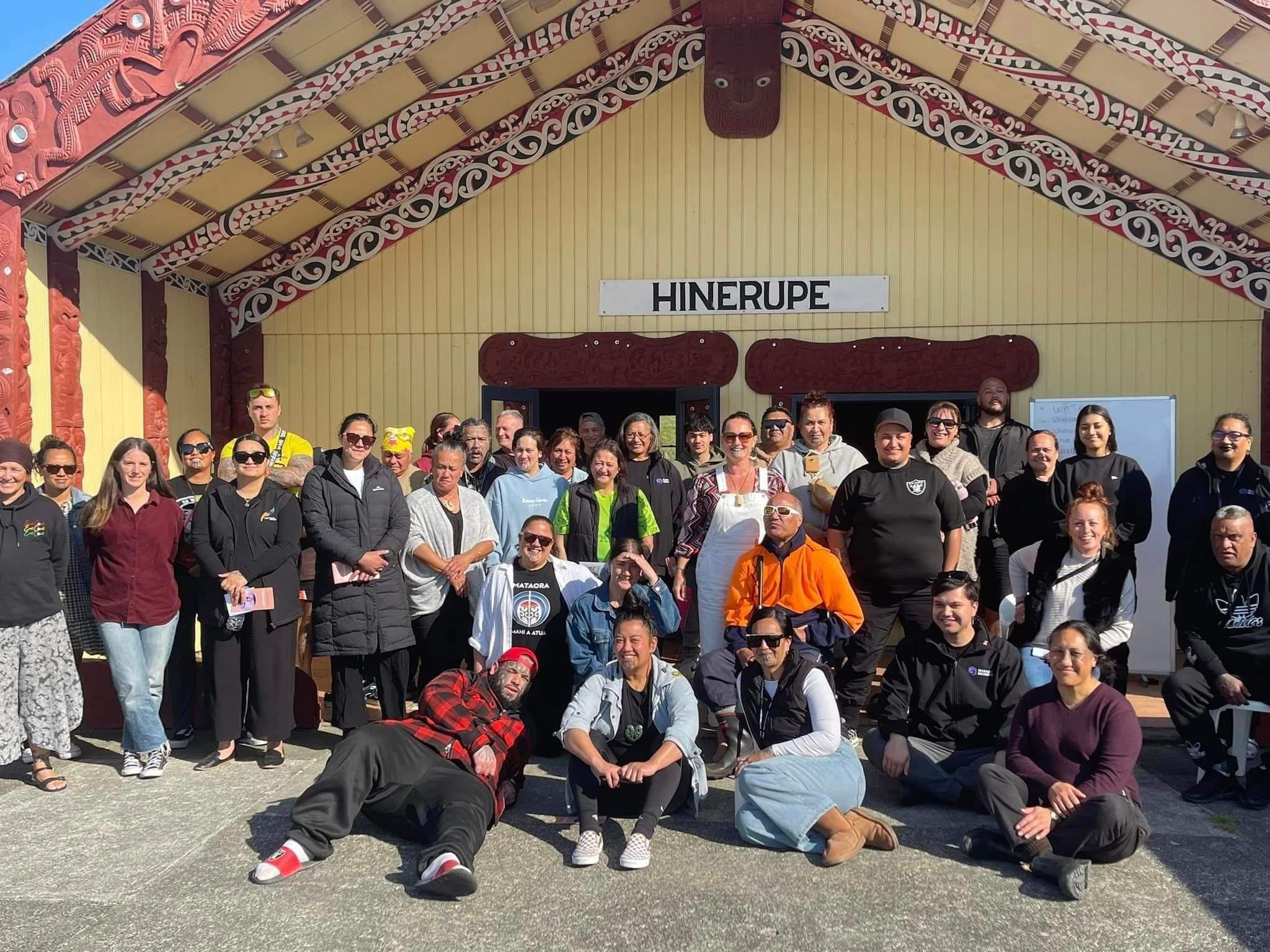
Te Kūwatawata ki Hauraki
Ensuring Iwi Kaupapa Māori Mental Health Services are indigenous in their practice
Te Kurahuna and Te Korowai Hauora o Hauraki share a strong, longstanding partnership built on mutual respect and a shared ahi kā.
Te Korowai was one of the first health organisations to implement Mahi a Atua into their system, setting a pioneering example in the health sector.
Our collaboration dates back to 2019 when Te Korowai’s team participated in our Rangi Parauri wānanga in Manaia and they have been a part of our kaupapa ever since. This ongoing involvement has deepened over time, with Mataora leaders from Te Korowai currently taking part in our Tāururangi leadership wānanga, where we focus on building leadership capability through our Mahi a Atua mātāpono.
Te Korowai Hauora o Hauraki are currently licensed to access the Mahi a Atua operational manual Tai Ruku as well as ongoing advice, support, and guidance.
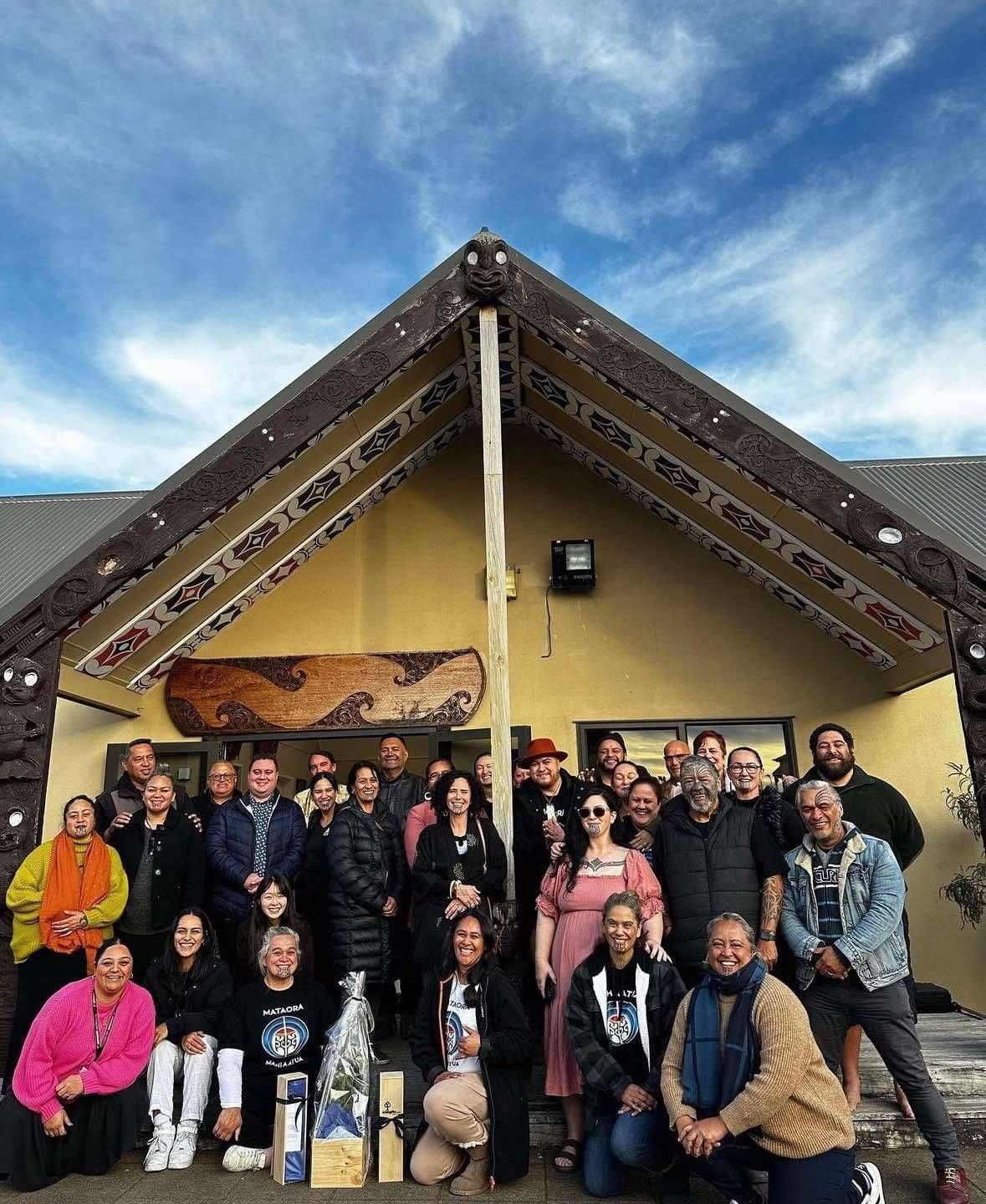
Reimagine and transform your systems
Check out some of the examples of who we've worked with previously.
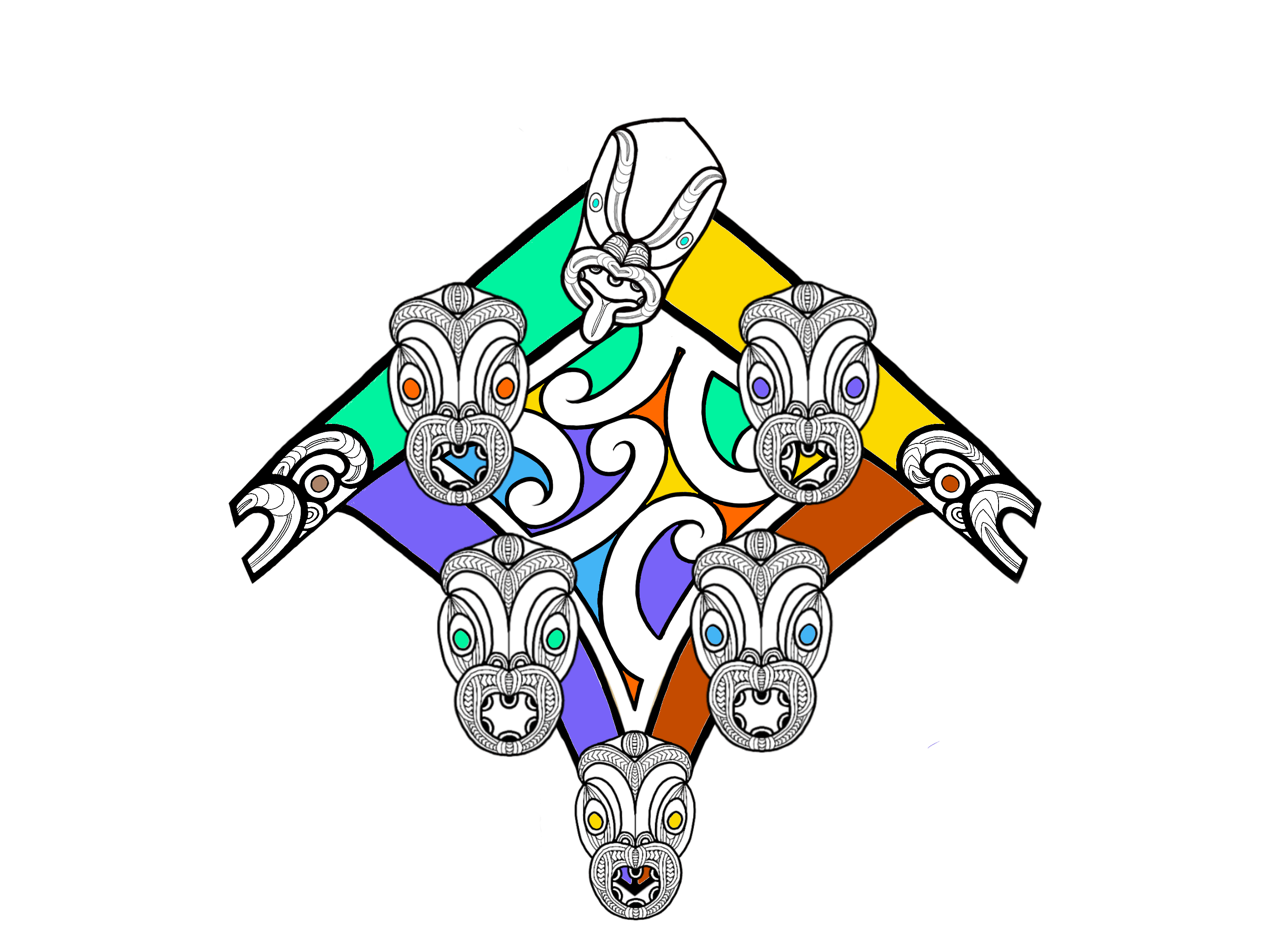
Te Kūwatawata ki:
Te Hononga ō Tāmaki me Hoturoa
Ruapōtaka Marae
Papakura Marae

Te Kūwatawata ki:
Te Whare Hauora ō Raungaiti
Taumarunui Community Kōkiri Trust
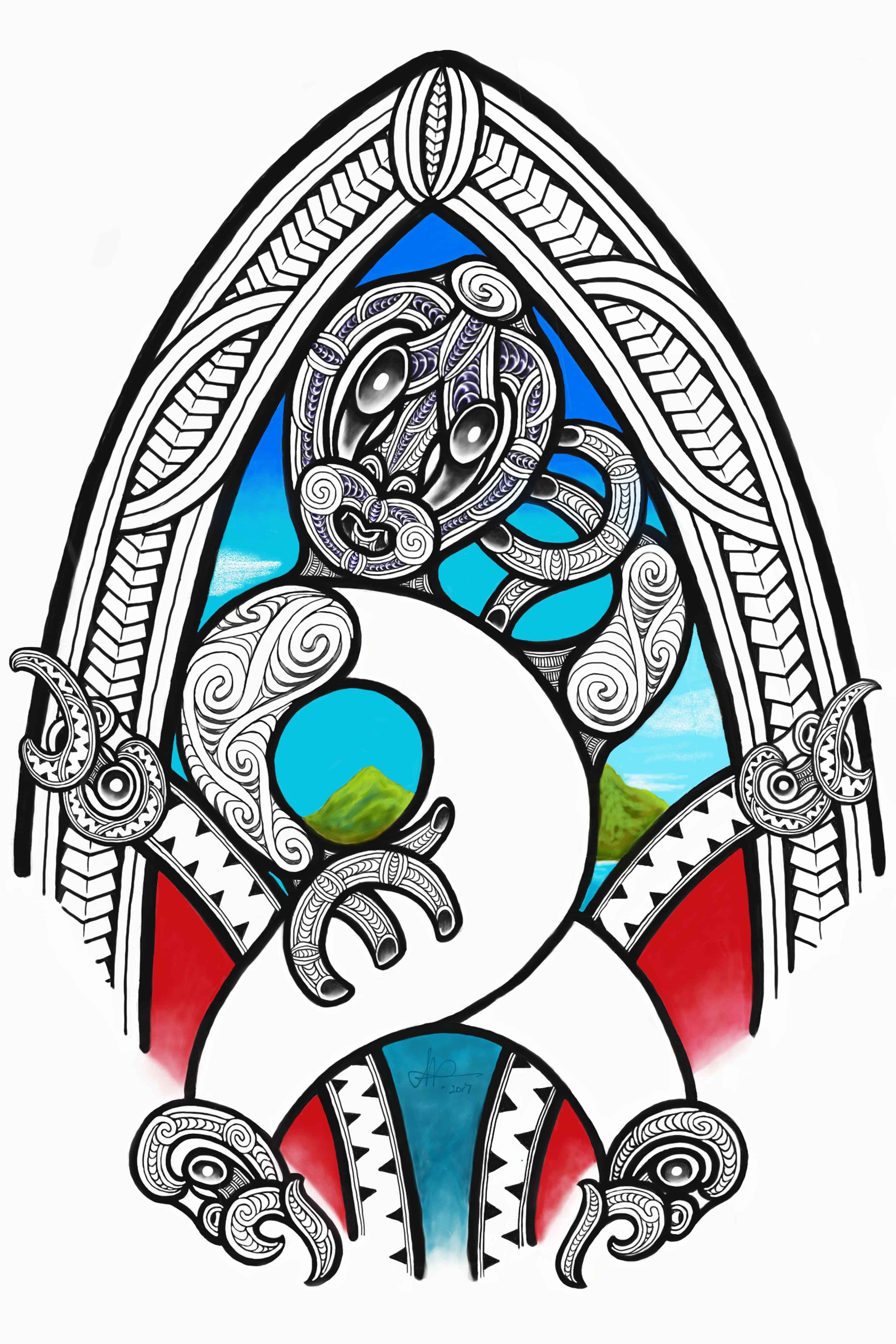
Hauora Tairāwhiti
Seeking more information or would like to discuss options for your organisation?
Contact us!
Mataora (change agents)
Practitioners who specialise in Mahi a Atua develop their own pukenga (skills) by embedding the Mahi a Atua principles in their lives. Mataora prioritise oranga whakapapa (bringing our stories to life) and reconnect whānau to their own stories by sharing pūrākau.
